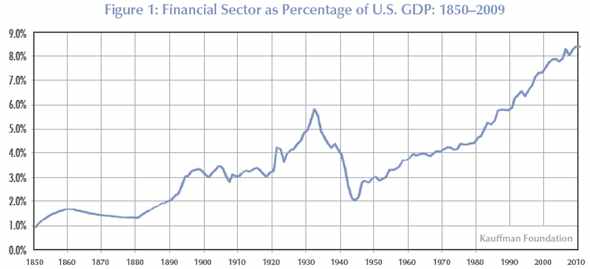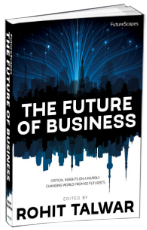04 Jul Choosing a future in the “real world”
When I asked my 8-year old daughter the other day what she wants to be when she grows up she gave me a metacognitive answer I did not expect from somebody her age. “Mom, you know how children my age often dream of becoming popstars, but they know that it’s probably never going to happen? Well, I’m one of those children who have those dreams. So in my dream I will become a popstar, but in the “real world” I’m going to be an engineer and find ways to get more clean fresh water for the world. Maybe by taking the salt out of the seawater”.
Of course at age 8 few people really know what they want to do with their lives. I probably changed my mind at least thirty times growing up, and so do children today. Yet I feel that the signals they pick up from their environment today will have an impact on their future choosing. My own children and many of their friends have been learning about water conservation and the perils facing the global climate pretty much from they learned how to talk. Today teaching children about environmental protection in preschool and elementary school seems as important as teaching them basic manners and academic pre-skills. And that is not even mentioning the lessons you learn from the increasingly severe summer droughts in central Texas!
Yet if current trends continue by the time this generation reach college, the best and brightest minds might very well be sucked up by Wall Street firms and big investment banks instead of professions where they can actually help cure the various ills of society. An article by Amanda Terkel in Huffington Post explains in depth the financial sector’s established tradition of skimming of the best recruits through paid presence at the campus career development centers of prestigious universities such as Stanford. With perks and salaries promising offset high student loans in years rather than decades these firms are able to attract innovative minds who could otherwise invest their time and talents developing new lab-on-a-chip applications – which might be essential in meeting the challenges of a looming health care crisis – or new technologies for producing, storing and transporting energy. Again my daughter’s definition of the “real world” comes to mind.
The students best primed for hard sciences such as medicine and engineering are not only picked from a smaller generation than the soon-to-retire boomers who are currently filling these positions. For some time these students have also tended to choose careers in the finance sector instead of in traditional, often less glamorous and sometimes less affluent professions in the “real world”. So while many Gen X’ers and some Millennials revived their childhood dreams of becoming “popstars” – or at least the academic equivalent “Wall Street stars” – industries on Main Street started to notice a looming brain drain.
It needs to be mentioned that the popularity and peer pressure to chose financial careers have waned somewhat, especially since the last recession. Students who said they were going into finance and consulting dropped by more than a half between 2007 and 2009, from 47 to 20 percent.
But is this mood shift permanent? Or more importantly, will Millennials and in a few years Homelanders, dare to stake out university degrees that lead to anything less predictable than a career tailored by professional recruiters and with promises of higher than average income?
According to MBA@UNC, the online MBA program at UNC Kenan-Flagler Business School, the Millennials are more idealistic, social, and entrepreneurial than many of the generations before them. They tend to rank meaning of work above income. 1 in 3 Millennials would prioritize social media freedom, device flexibility and job mobility over salary in accepting a job offer. 30 percent of them started their a business while in college. Those statistics are pretty significant considering the risks and initial costs that accompany entrepreneurship and the heavy financial burden many carry in the form of student loans. Given the lack of financial security and lack of optimism felt by many younger people cushioned jobs in secure organizations should seem more enticing than entrepreneurial ventures.
This is why initiatives such as Stop the Brain Drain claim that minimizing risks and fixing the student loan problem should be one of the first priorities if the country is to restore the balance between public servants and financial sector workers.
Personally I believe that if economic issues such as student loans are not resolved, young people are going to answer by abandoning traditional educational paths. A degree simply won’t give enough return on investment for many future graduates and selling out to the “Wall Street vultures” might not be cool enough among peers. At least not as cool as clean water.

Via MBA@UNC Online Business Degree & The YEC




Sorry, the comment form is closed at this time.